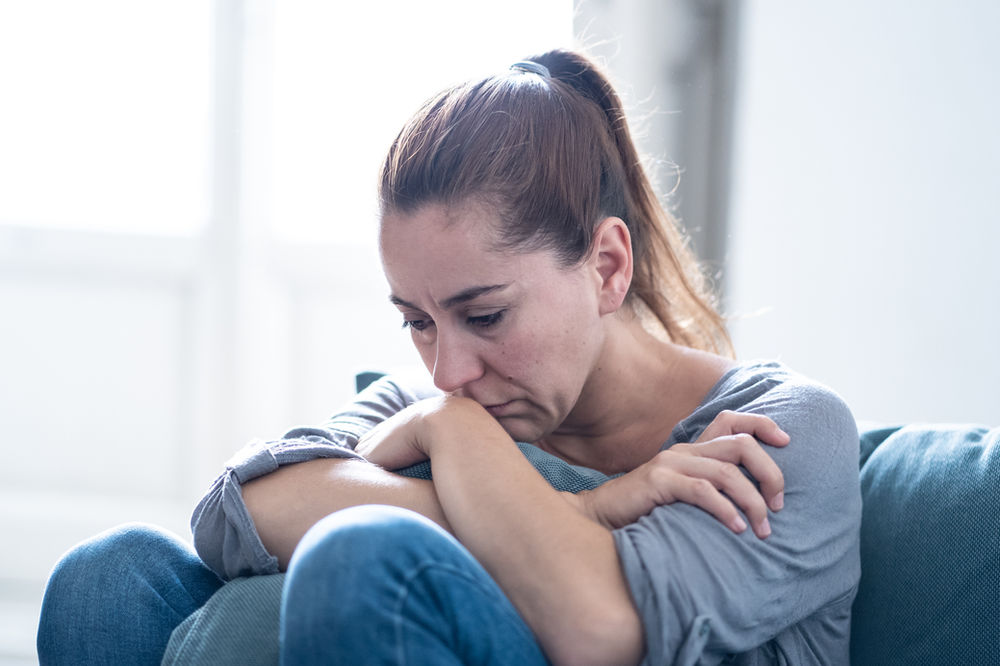2020 has not been an easy year.With ravaging bushfires in the summer months giving way to an international pandemic, the effects of this year have been verging on catastrophic. At least that’s how it feels. And ‘how it feels’ is exactly what we want to talk about today.Even if we can’t be entirely certain of what the economic, social and medical ramifications of this year have been, we know what the emotional and psychological consequences have been. And they’ve been big.The coronavirus pandemic has had a signficiant impact on the mental health of Australians.Lifeline, one of Australia’s leading charities for suicide prevention, has seen a 25% increase in phone calls this year, with a 30% jump from Victorians once Stage 4 lockdown began.Headspace, a mental health service for young people has seen a 50% increase in referrals, with emergency departments in Victoria receiving 33% more intentional self harm patients than this time last year.These are just the numbers we know right now.Professor Ian Hickie, from Sydney University’s Brain and Mind Centre has created a system of complex models that project the effects of the pandemic into the coming years. From these models, he estimates that we’ll see as many as 7000 Australians committing suicide in the next five years as a direct result of the coronavirus pandemic.Even if we manage to eliminate the virus, the pandemic will still be running it’s course.But this is far from a lost cause. Fortunately, the 7000 suicides prediction is a worst case scenario, and Professor Hickie is adamant that governments will be able to work hard, just as they have with the virus, to bring down those numbers.
He states that the predictions he’s made are “…not inevitable. What governments do right now really matters.”But it isn’t just the responsibility of governments to confront this mental health crisis. It’s ours as well. First of all, we want to say that if you’re someone who’s been suffering from a depression or anxiety (as a result of the pandemic or otherwise), then please reach out. Get the help you need. Book an appointment with a trusted doctor, or get in touch with a service like Lifeline or Beyond Blue. The way you feel now is not the end of the road, and getting help is going to change things.
But if you’re not someone who’s suffering like that, there are things you can do to make a difference. Particularly if you know someone who is suffering because of the pandemic. Maybe someone who’s lost their job. Perhaps a person whose business is going poorly. Even a student at school or university being worn down under the fatigue of long-distance education.
Talk to them.Give them a call, a text, or even chat in person.
Say hello. Ask them how they’re doing.
We all know how small conversations can change the course of a day, a week or even an entire life. But the conversation needs to happen first.Stay safe, and stay hopeful.
–



